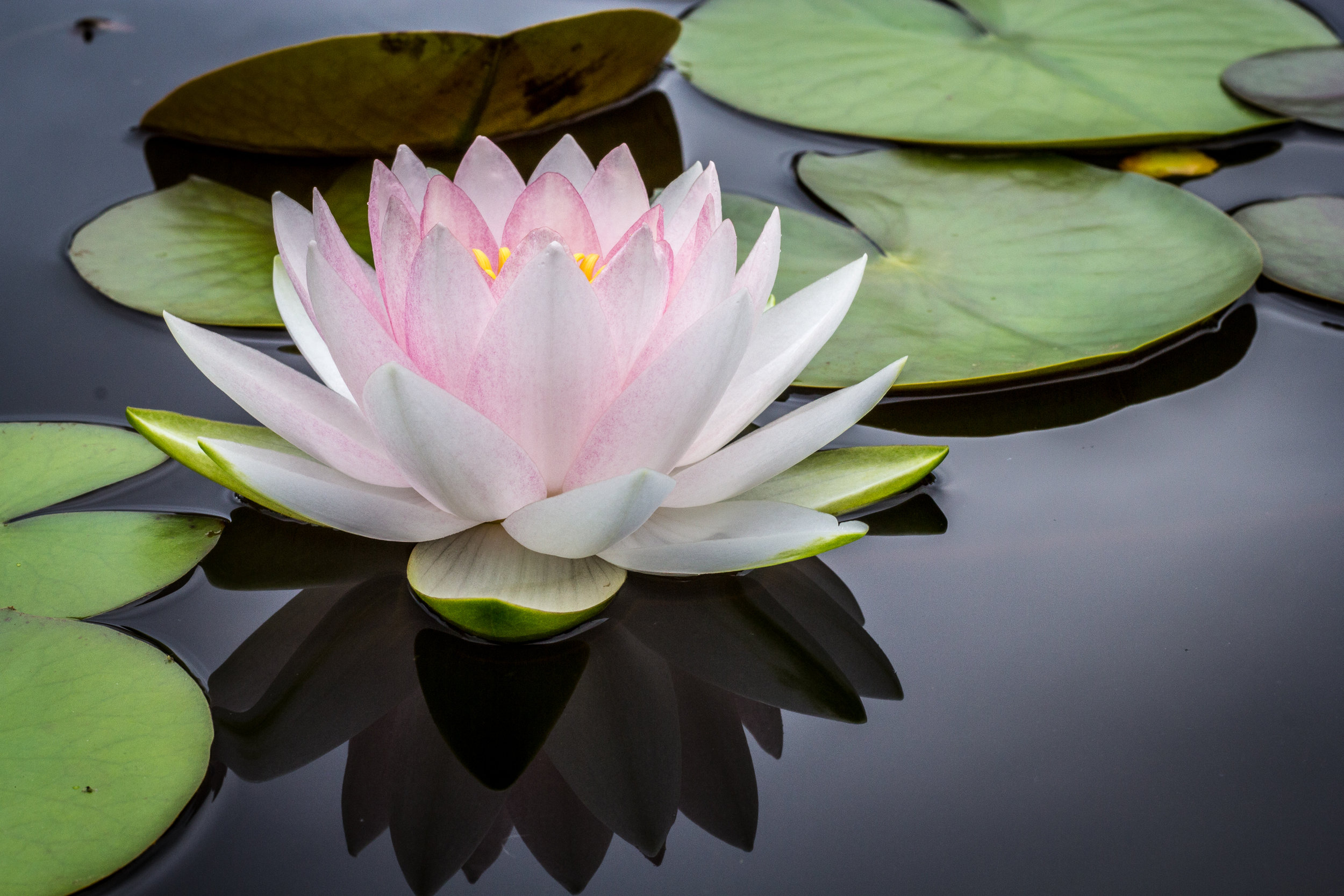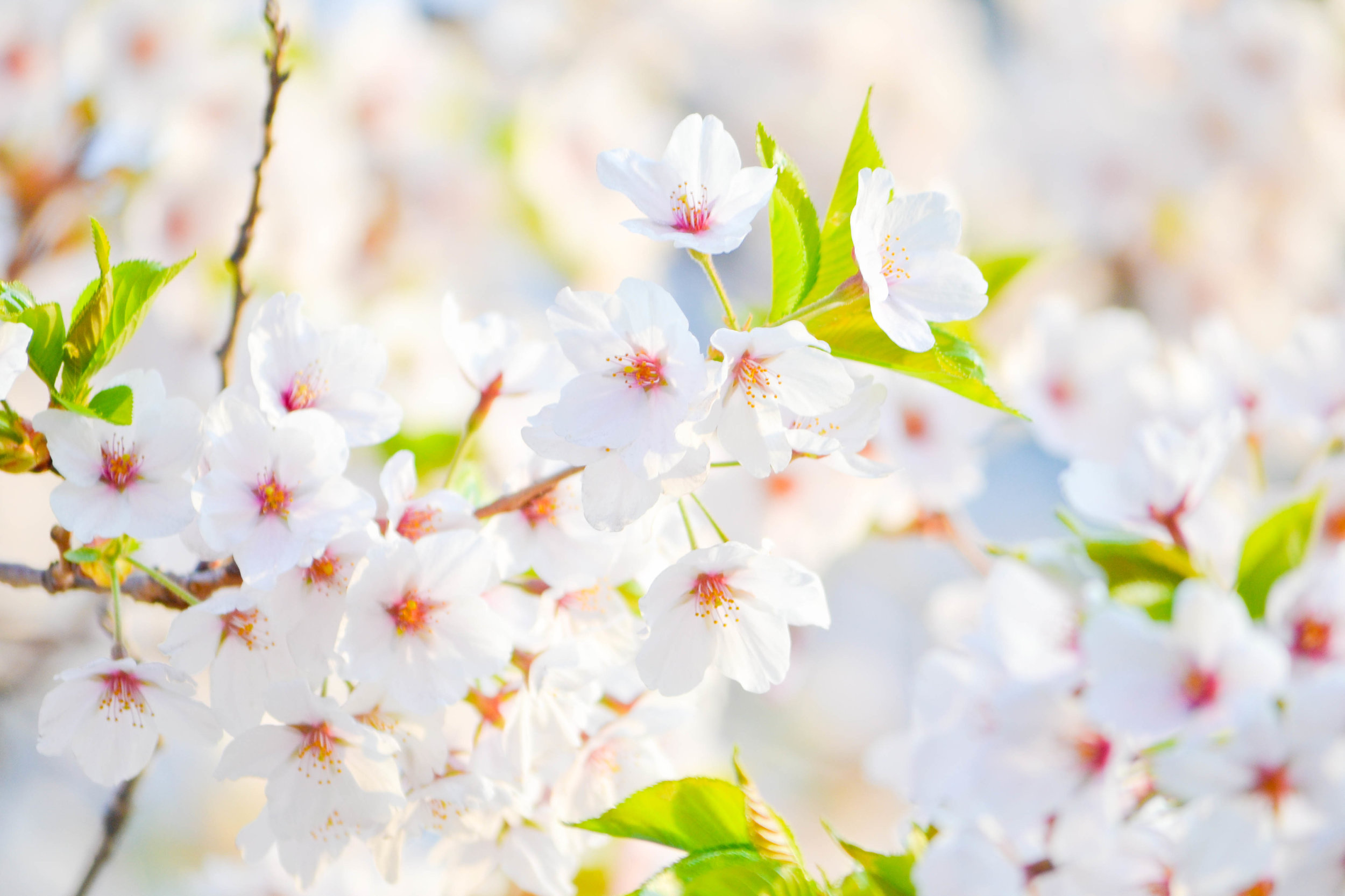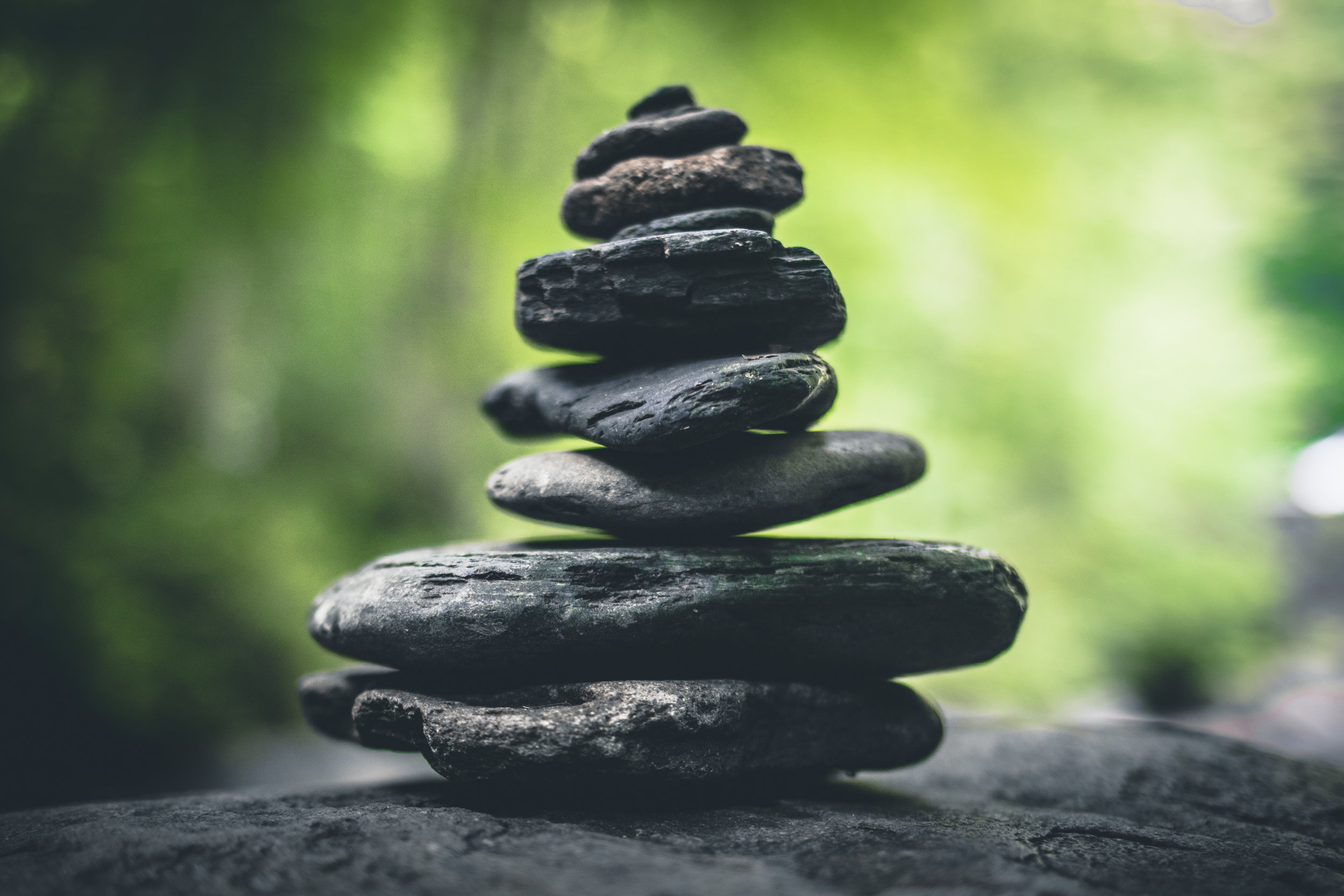by Setareh Moafi, Ph.D., L.Ac.
We've all walked away from situations where we wish we'd listened to our 'gut feeling' - that still, small voice that seems to speak from the depths of our solar plexus to give us guidance that always directs us toward our heart's truest desires. At times, the direction we're being pointed may seem illogical, but looking back we realize there was always a reason for this guidance.
When you struggle to listen to your gut feeling, it’s often because this feeling is being obstructed by excessive processing in the mind as well as the digestive system.
Understanding the connection between the gut that's related to your digestion and the gut feeling that guides you in the most favorable directions in your life is essential to your well being.
Digestion According to Chinese Medicine
In Chinese Medicine, the Spleen and Stomach comprise the Earth element which is said to govern the late Summer and all seasonal transitions. This is why it’s important for us to pay attention to and strengthen these digestive organs during times of transition (seasonal or otherwise) in our lives.
According to Chinese Medicine, the Spleen is mostly responsible for the breakdown and transformation of food to produce Qi energy, blood and fluids. It is also the organ that is most likely to accumulate phlegm or dampness from improper food choices and weakness in its transformation function.
Digestion of food can be impeded by stress and too much consumption of damp or phlegm-producing foods such as dairy, sugar, and processed foods.
The Spleen is also the organ that governs our thinking process and, because of this, it’s the first organ to be affected by overthinking and being obsessive compulsive.
For this reason, it's common for students who are mentally overstimulated for extended periods of time to develop weak Spleen Qi, or energy. Weakness of the Spleen energy will cause a reduction in mental focus and concentration and create a lower level of energy production in general. This can manifest as fatigue.
Fatigue leads students to grab fast foods and sugar for quick energy, but this energy burns fast. In addition, these types of foods can be toxic and create dampness in the Spleen, thereby weakening the digestive system and creating a vicious loop of low energy and poor decision making with food choices.
Since students tend to be young adults their tolerance is in general higher than older individuals. However, even these young adults will crash over time with physical symptoms ranging from allergies and asthma, to digestive problems and even fibromyalgia that can manifest as a result of severe Spleen weakness causing muscle pain throughout the body.
The Spleen and Stomach Digest Thoughts, Ideas, Emotions, and Food
Your digestive system is not just digesting the coffee and scone you ate for breakfast, but also what the woman at the coffee shop said to you this morning or the argument you had with your spouse, or the earful of stressful news you heard at work.
The busier the mind, the greater the burden on the Spleen to break down the plethora of thoughts and information you are processing throughout the day.
Metaphorically, the Spleen has to transform this information similarly to the way it does food because the Spleen controls your Yi, your Mind. So what you digest either physically or psychologically will impact your state of mind.
Furthermore, your physical state is impacted by your mental state. For example, excessive stress causes the body to produce cortisol, the primary stress hormone, much of which is actually produced in the gut. Increased cortisol levels lead to the proliferation of an unhealthy microbiome in the gut, which can lead to indigestion, fatigue, insomnia, as well as problems relating to your brain and mental function.
When you eat while you’re in a meeting you’re putting twice the impact on the Spleen as it not only has to process the food that you’re eating but also all the information from the meeting.
Having your energy diverted to your mental processing inhibits sufficient energy to support your digest. Over time this pattern will cause a serious dysfunction in the digestive system and weaken the Spleen energy. This then leads to common complaints such as fatigue, poor digestion, muscle weakness, and generalized body pain since the Spleen also governs the muscles.
The fact that your mental and digestive processes are so connected makes it clear that your gut health will impact your ability to listen to and follow your gut feeling.
The Gut-Brain Axis Helps Us Understand How Emotions Affect Digestion
Modern research on the gut-brain axis (GBA), which refers to the biochemical signaling that takes place between the gastrointestinal tract and the central nervous system (CNS), affirms the connection between the mind, emotions and the digestive system.
Both clinical and experimental evidence suggest that enteric microbiota has an important impact on GBA, interacting not only locally with intestinal cells and the enteric nervous system (ENS), but also directly with the central nervous system (CNS).
The vagus nerve, the longest cranial nerve in the body, passes through the neck to the abdomen and interfaces with parasympathetic control of the heart, lungs and digestive tract. Evidence indicates that microbiota communication with the brain involves the vagus nerve, which transmits information from the luminal environment to the central nervous system (CNS). The enteric microbiota is distributed in the human gastrointestinal tract and relative abundance and distribution along the intestine is similar among healthy individuals. This microbial community has important metabolic and physiological functions and contributes to homeostasis.
The constant communication and interplay between the gut and the brain has the potential to influence and intersect with sleep both directly and indirectly. Breus (2016) summarizes some of the ways that might occur:
Mood. Disruptions and imbalance of gut microbes have been strongly connected to anxiety and depression. This has potentially significant implications for sleep, as both anxiety and depression can trigger or exacerbate sleep disruptions.
Stress. Research is also revealing a complicated, two-way relationship between stress and gut health. Stress is an extremely common obstacle to healthy, sufficient sleep.
Hormones. The intestinal microbiome produces and releases many of the same neurotransmitters, including dopamine, serotonin, melatonin and GABA, which help to regulate mood, and also help to promote sleep.
In sum, the health of the gut impacts the health of the brain and therefore our ability to process information, manage stress, balance our emotions, and digest and assimilate food.
Tuning in to Your Gut Feeling
Since so much of your mental, emotional and food processing occurs in the gut, gut health is essential to your overall health.
A healthy microbiome in the gut supports ease in the digestive process, which supports healthy elimination, and results in clarity of mind.
In the same way, the combination of a well-balanced diet, a clear, calm mind and harmonious emotions support the production of healthy microbiome in the gut to support digestive and overall health.
When your body is healthy and your mind is calm, you have the clarity to hear and listen to the still small voice that always provides you with the least resistant path to achieve your goals and dreams.
Healthy digestion thus allows attunement to your instincts and a closer connection to the guidance that's offered by your gut feeling.
Want to know how to
heal yourself with food?
Learn to use Classical Chinese Dietetics to create your custom nutrition plan so you can let go of overwhelm with food for good. Join the waitlist to get free insights & be the first to know when enrollment opens for our one-of-a-kind course.
Setareh Moafi, Ph.D., L.Ac. is Co-Owner and Director of A Center for Natural Healing in Santa Clara, California, a health and wellness clinic that specializes in Classical Chinese Medicine and Traditional Japanese Acupuncture. Dr. Moafi offers clinical services and transformational workshops that blend the ancient practices of Classical Chinese Medicine and Yoga. More information at www.setarehmoafi.com and www.acenterfornaturalhealing.com.



